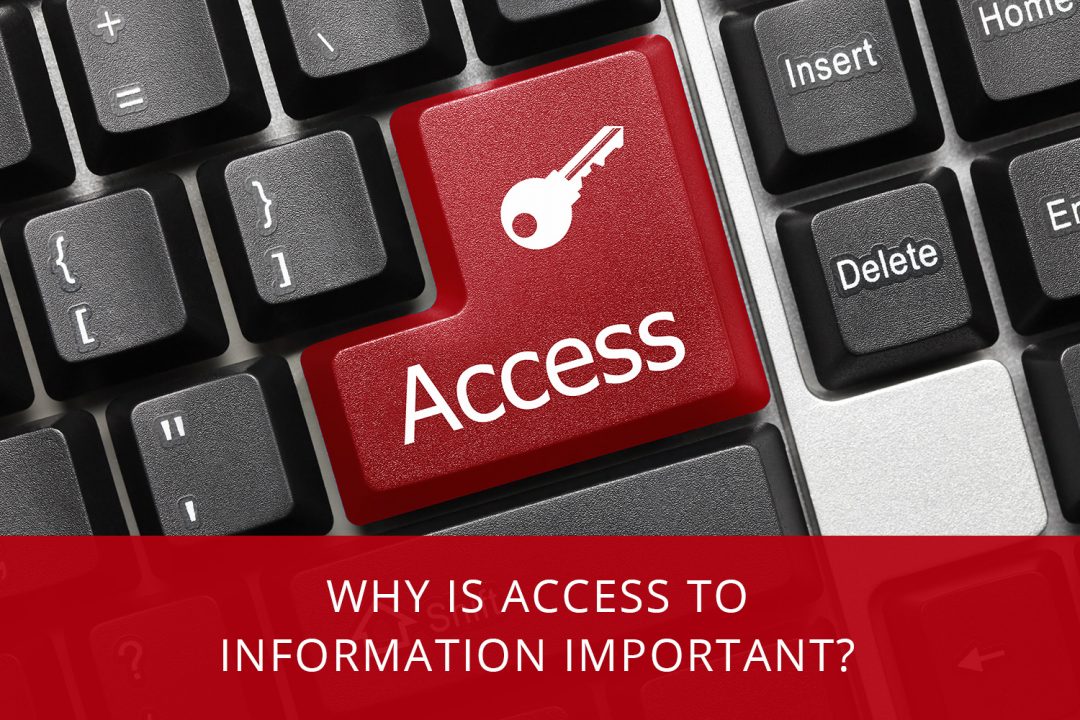Access to information and freedom of expression are international human rights norms. Article 19 of both the UN Declaration on Human Rights and the International Covenant on Civil and Political Rights (ICCPR) states that the right to freedom of expression includes not only freedom to ‘impart information and ideas of all kinds’, but also freedom to ‘seek’ and ‘receive’ them ‘regardless of frontiers’ and in whatever medium.
Access to information is not only about promoting and protecting rights to information but is equally concerned with promoting and protecting communication (use of information) to voice one’s views, to participate in democratic processes that take place at all levels (community, national, regional and global) and to set priorities for action.
Information comes in many different forms of varying relevance, accessibility and quality. It can be held by governments, civil society organizations (CSOs), communities, and the private sector. Official information is extremely important and represents one of many information types that ordinary people need in order to make informed decisions on matters that affect their lives.
(Text taken from: Access to Information @ http://www.undp.org/content/dam/aplaws/publication/en/publications/democratic-governance/dg-publications-for-website/access-to-information-practice-note/A2I_PN_English.pdf)

